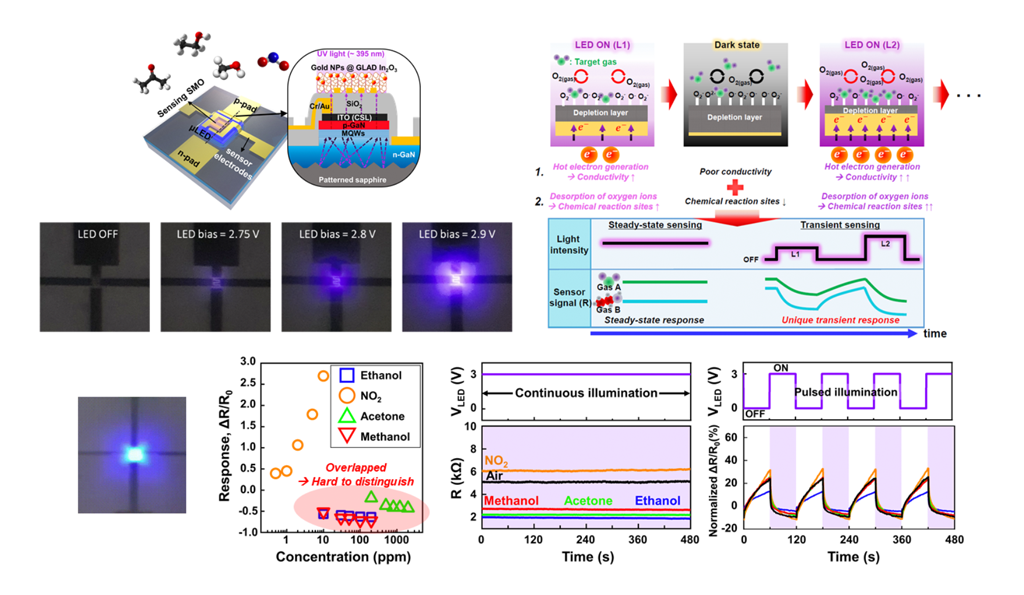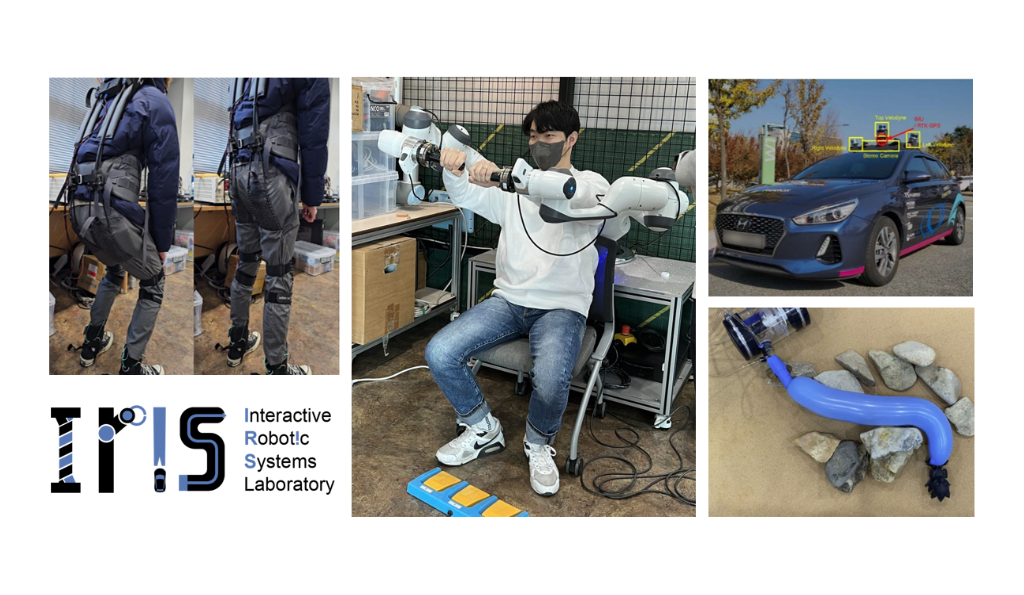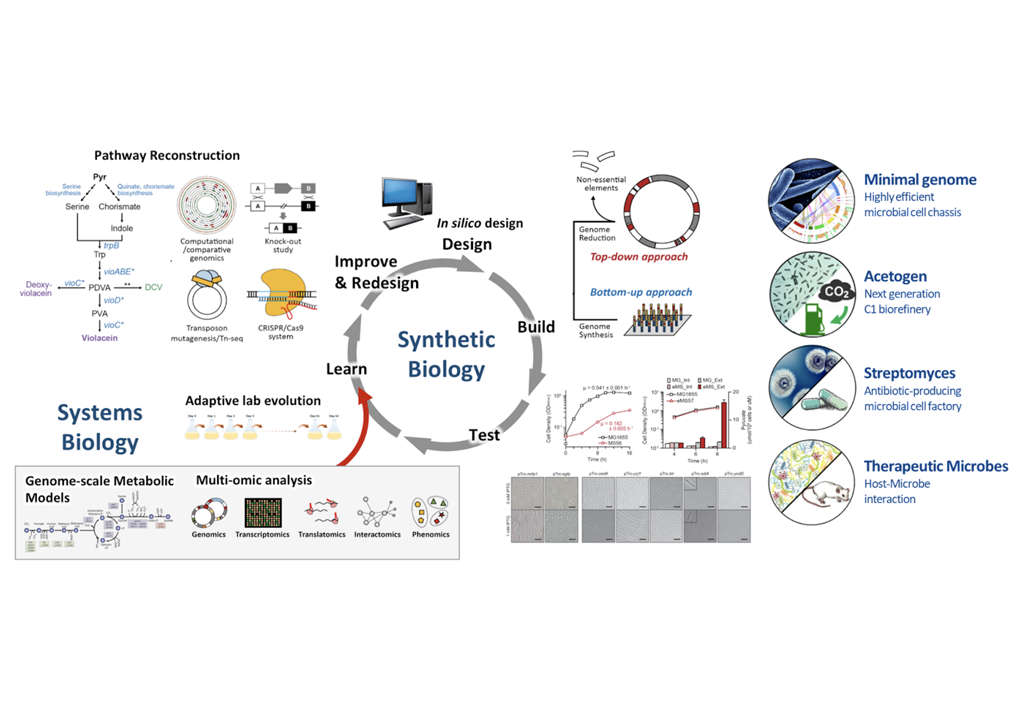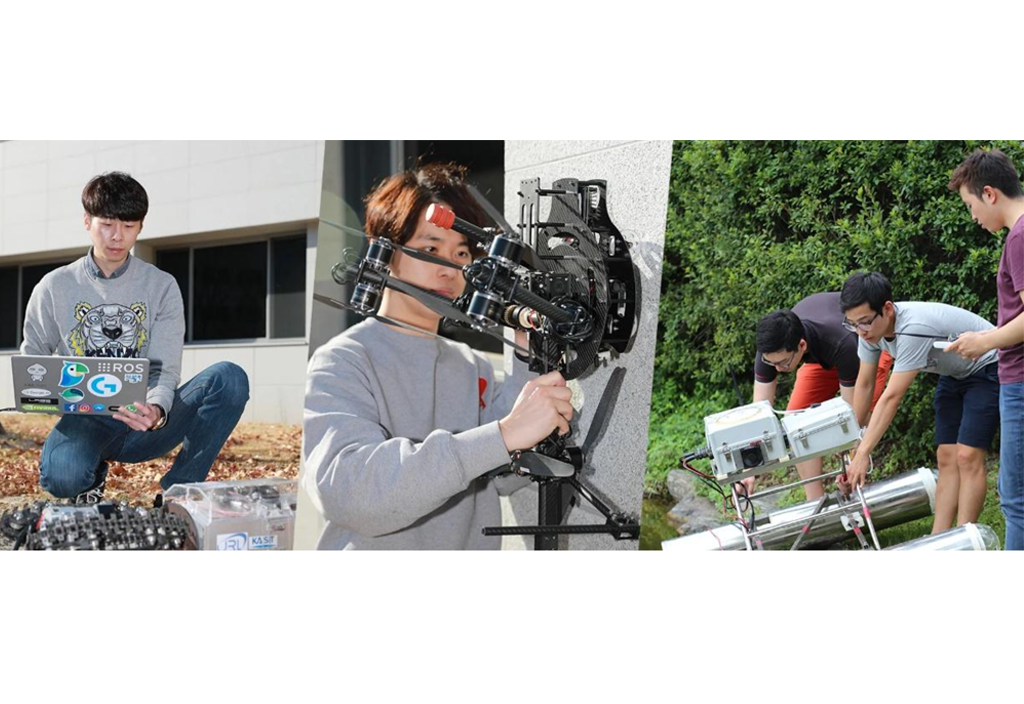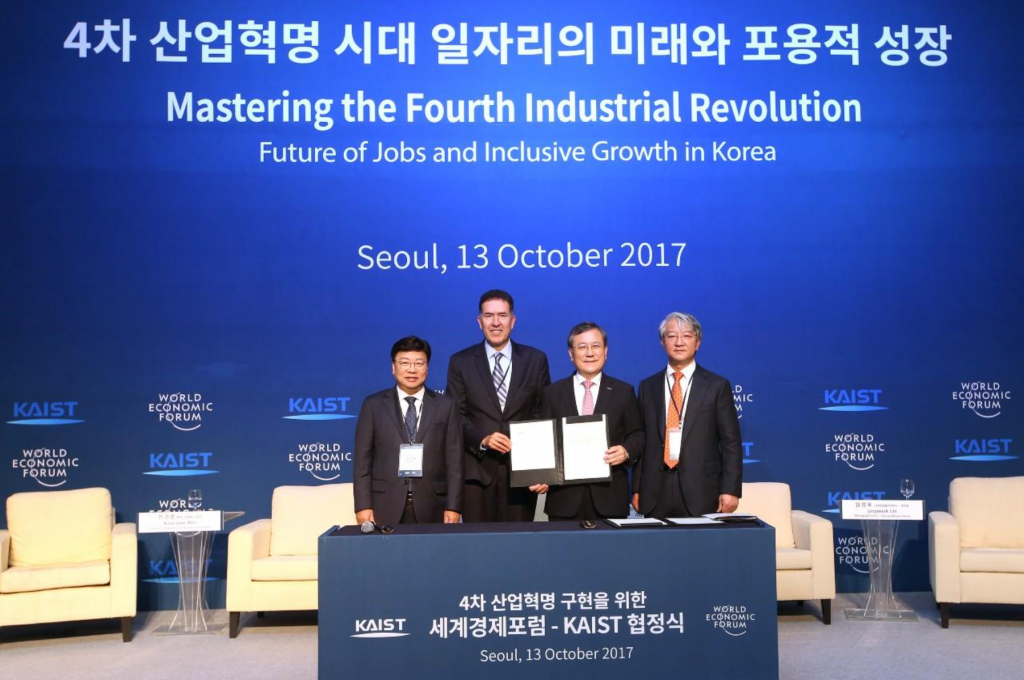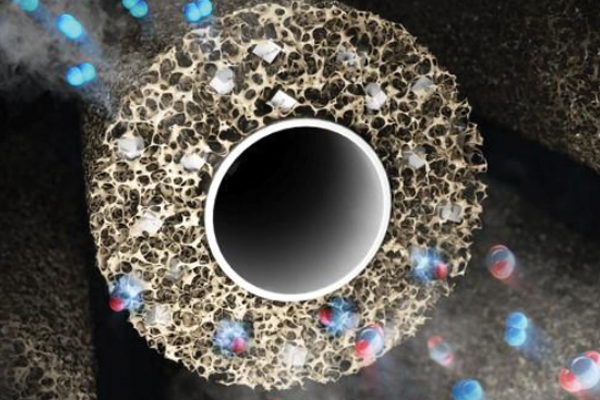-
Introduction to KI
KI Center for Epidemic Preparedness
The KI Center for Epidemic Preparedness (CEP) advances research in immunology, virology, vaccines, and therapeutics, serving as a global hub to prepare for emerging infectious diseases and future pandemics....read more
-
Introduction to KI
KI for Human Augmentation Convergence; KIHAC
Bio-Integrated Electronics and Systems Lab (BIESL), KIHAC
The Bio-Integrated Electronics and Systems Laboratory (BIESL) at KAIST pioneers the future of bio-integrated electronics and systems that will redefine healthcare and biomedicine. Our mission is to establish seamless physical and functional connections between electronics and living systems, opening new possibilities for healthcare, human–machine interfaces, and brain research. We explore soft materials, liquid metals, device design, and sensing and actuation technologies to engineer interfaces where biology and technology converge. By combining bio-integrated design with state-of-the-art engineering, we create wearable, implantable, and transformative electronic platforms that expand the boundaries of medicine and human experience. ...read more
-
Introduction to KI
Machine Intelligence and Novel-sensor Technology (MINT) Lab, KINC
The Machine Intelligence & Novel-sensor Technology (MINT) Laboratory at KAIST pioneers advanced sensor technologies based on micro/nano-engineering and artificial intelligence (AI), focusing on highly integrated, ultra-low-power and wearable capabilities. Our lab actively engages in research spanning sensor devices and systems for smart environmental monitoring, healthcare, and human-machine interfaces (HMI) to metaverse interactions and micro/nano-manufacturing processes. By integrating advanced materials and innovative fabrication techniques, we strive to deliver next-generation solutions that enhance personal healthcare, industrial safety, and environmental sustainability....read more
-
Introduction to KI
KI for Robotics
The Interactive Robotic Systems (IRiS) Lab aims to enhance human lives through cutting-edge robotic technologies, including teleoperation, exosuits, soft robotics and autonomous mobility. ...read more
-
Introduction to KI
KAIST Institute for Information Technology Convergence
The Circuits, Architecture, Systems, Technology Lab (CAST Lab) focuses on research and development of modern computer systems based on specialized hardware. ...read more
-
Introduction to KI
KI for Biocentury
The Systems and Synthetic Biology Lab (SSBL) focuses on research and engineering of microbial cells for the production of biochemicals and pharmaceuticals....read more
-
Introduction to KI
KI for Robotics
The Urban Robotics Lab (URL) focuses on research and development of robotics technologies for smart cities....read more
-
Introduction to KI
Korea Policy Center for the Fourth Industrial Revolution (KPC4IR)
The Korea Policy Center for the Fourth Industrial Revolution (KPC4IR) is a team of renowned professors and researchers collaborating with the World Economic Forum (WEF) and other foremost institutions in the domains of digital transformation to pioneer new approaches to technology, policy, and governance for the era of Fourth Industrial Revolution (4IR). It is housed at KAIST, a globally renowned university with a rich history of leadership in creating global value for engineering, science, and technology. It is also, part of the KAIST Institute, which is a multi-disciplinary team of world-class professors and researchers who are at the cutting edge in 4IR technologies and research....read more
-
Introduction to KI
KI for Saudi Aramco-KAIST CO2 management center
The Multidimensional Molecular Materials Laboratory (MMML) concentrates on designing and engineering advanced molecular separation processes and devices....read more
-
Introduction to KI
KI for Artificial Intelligence
The KAIST Interaction Lab (KIXLAB) builds interactive AI-infused systems that help people learn, collaborate, discuss, and make decisions....read more

291 Daehak-ro Yuseong-gu Daejeon, 34141, Republic of Korea
Partnered with KAIST Breakthroughs and KAIST Compass


